New research reveals 324 companies control global fish transshipment
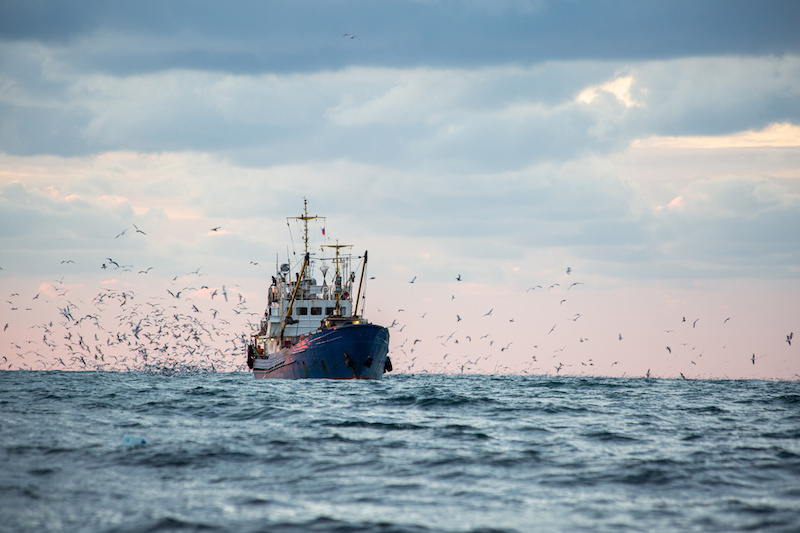
For the first time, new research has identified the owners and operations of fish taxies – refrigerated cargo vessels that act as floating ports for fishing boats. These vessels, known as reefers, have often been seen as weak points in the traceability of the seafood value chain.
The study, published in Science Advances, found that just 324 companies are responsible for all fish transshipment worldwide, with China, Russia and Greece playing key roles. The findings shed new light on a critical part of the seafood supply chain.
“It’s a major step for more transparency,” said Frida Bengtsson, lead author from the Stockholm Resilience Centre at Stockholm University.
Reefers play a crucial role in the seafood industry, facilitating the transfer of nearly a third of the global tuna catch – worth $10.4 billion – each year. These refrigerated vessels are used to transfer fish but also people, spare parts and fuel between fishing boats and the reefers.
However, transshipment has long been seen as a murky process, often linked to IUU fishing and obscuring the origin of seafood. While recent advances in satellite data collection allow researchers and the public to track where vessels operate, the ownership of these reefers has remained a critical missing piece in understanding the full picture of seafood transshipment.
“Understanding who the beneficial owner of a vessel is provides new leverage and opportunity for improved governance and oversight of this practice,” said Bengtsson.
In their study, researchers from the Stockholm Resilience Centre, the Stanford Center for Ocean Solutions and the University of British Columbia identified 569 reefers currently operating within the fishing industry and traced them back to 324 beneficial owners. Notably, just ten of these owners are responsible for nearly a quarter of all global transshipment events. Considering the volumes of seafood that are transshipped, this is a surprisingly low and very manageable number of actors, explained Frida Bengtsson.
“If we work with these key actors and get them to improve their operations, we could quickly improve the traceability and sustainability of seafood,” said Bengtsson.
The new research has also mapped where in the ocean reefer owners operate their vessels, the gear used by the fishing vessels they meet and the flags involved. All this data can now be freely accessed and visualized using an online tool. This transparency can become a key tool for NGOs, insurance companies and financial actors interested in creating stronger incentives for sustainable behaviors at sea.
Now that you've reached the end of the article ...
… please consider supporting GSA’s mission to advance responsible seafood practices through education, advocacy and third-party assurances. The Advocate aims to document the evolution of responsible seafood practices and share the expansive knowledge of our vast network of contributors.
By becoming a Global Seafood Alliance member, you’re ensuring that all of the pre-competitive work we do through member benefits, resources and events can continue. Individual membership costs just $50 a year.
Not a GSA member? Join us.
Author
-
Responsible Seafood Advocate
[103,114,111,46,100,111,111,102,97,101,115,108,97,98,111,108,103,64,114,111,116,105,100,101]
Tagged With
Related Posts
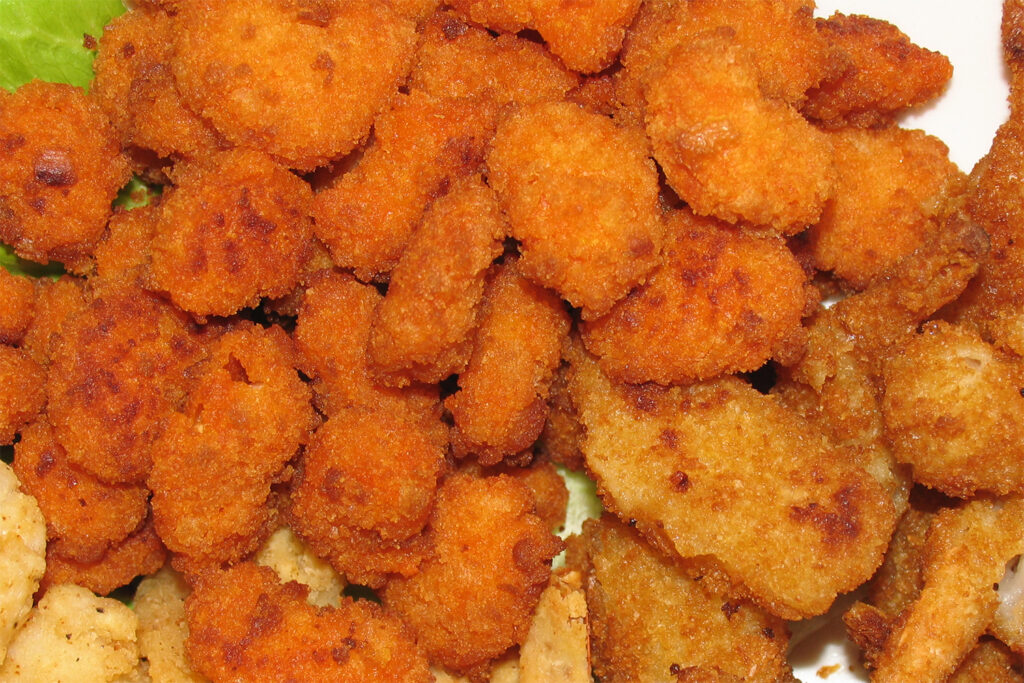
Intelligence
Using DNA multi-marker metabarcoding to authenticate processed seafood
Next Generation Sequencing techniques can support routine food industry activities and official control programs to combat fraudulent practices.
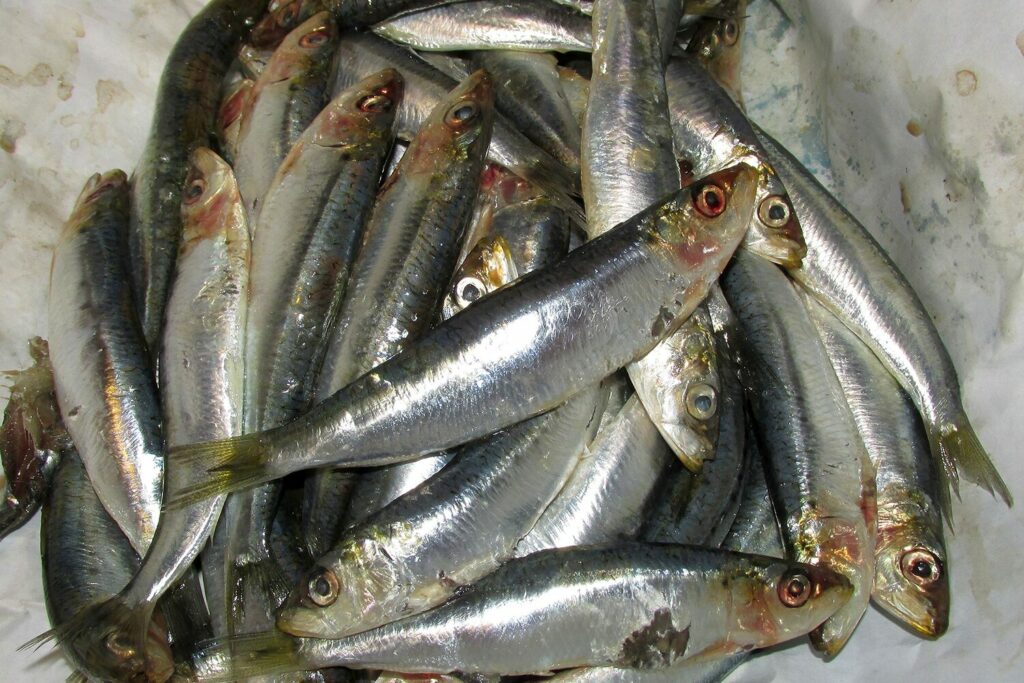
Fisheries
Applying fish DNA sensors for authenticity assessment to sardine species identification
DNA sensors are cost-effective and can be used by authorities for fish authentication control or any laboratory including fish processing industries.
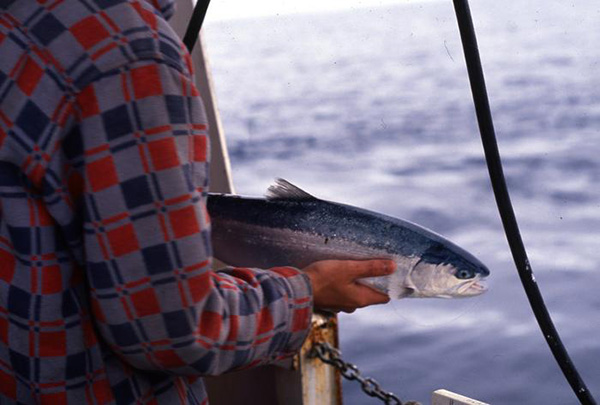
Fisheries
New database revealing salmon patterns at sea aims to curb IUU fishing
A new analysis of where salmon are concentrated at sea could aid with fisheries management and help curb IUU fishing.
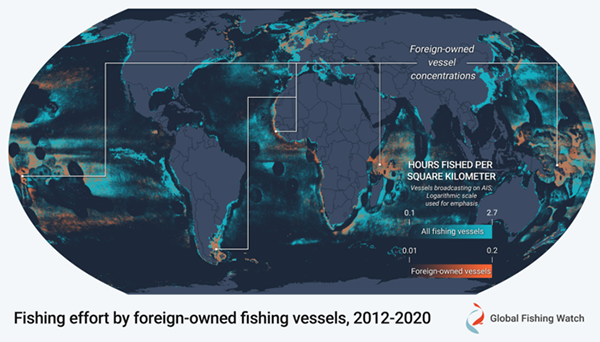
Fisheries
GPS data may identify potential IUU fishing behavior
A study led by Global Fishing Watch provides new insight into potential IUU fishing behavior that could help improve fisheries management.



